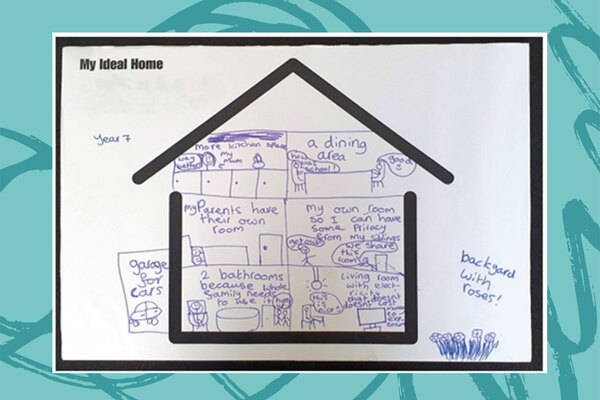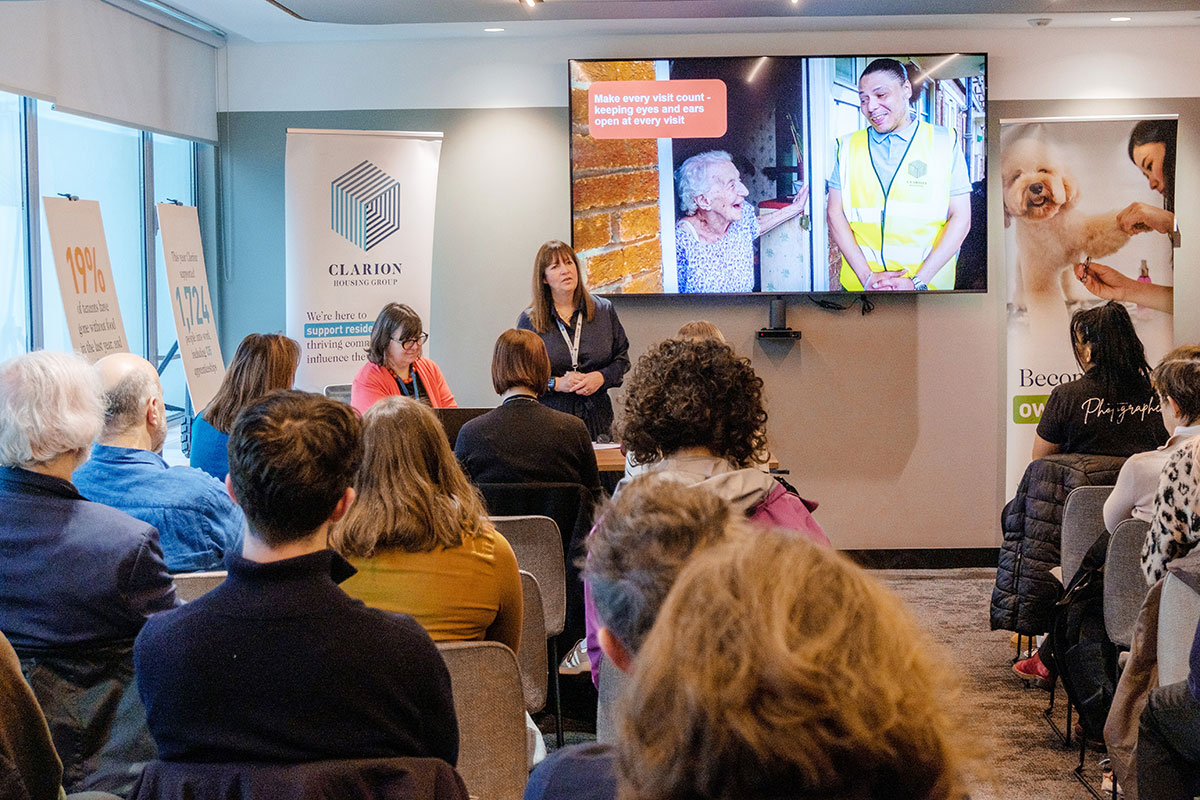You are viewing 1 of your 1 free articles
Majority of large social landlords using tenant survey that yields more positive results, research shows
The majority of large housing associations have been using tenant surveys that yield more positive results, research by a housing data company has showed.
In the three years to last September, 60% of housing associations with 1,000 or more homes were using transactional surveys, which on average produce results 15 percentage points higher than perception surveys.
The latter are a requirement for recording data under new tenant satisfaction measures (TSMs), which will become a regulatory requirement under the new regime. This means many landlords may see satisfaction rates fall when the new regime comes in.
Housemark, which shared the data with Inside Housing, said that over a third of those associations have since carried out perception surveys ahead of the upcoming move to more consumer-focused regulation, with many more planned or under way.
Transactional surveys involve the landlord carrying out a survey only after it interacts with a tenant, for example after a repair.
Perception surveys involve a completely random sample of tenants or a full census.
Jonathan Cox, director of data at Housemark, said: “The issue with this, of course, in light of emerging regulation is that transactional surveys typically produce results that are around 15 percentage points higher than when the same question is asked in a perception survey.”
It comes after a report by the data firm on how landlords are performing against the TSMs, which revealed that overall tenant satisfaction has dropped by five percentage points to 79% since 2020.
The Social Housing (Regulation) Bill will introduce new powers to the Regulator of Social Housing (RSH) to bring forward a new, more consumer-focused regime.
Part of this involves the new TSMs, finalised and published in September.
The TSMs, which will be collected through tenant perception surveys and landlord data, will cover five main themes, including repairs, building safety, effective complaint-handling, respectful and helpful tenant engagement, and responsible neighbourhood management.
Social landlords will have to start collecting data for the TSMs from April 2023, with their performance then submitted to the RSH and published in 2024.
Mr Cox said the data on surveys varies significantly depending on size and whether the landlord is a housing association or a council.
Around 80% of small social landlords with fewer than 1,000 homes have carried out perception surveys, while around 40% of all social landlords have.
Mr Cox said: “A significant proportion of landlords haven’t carried out a perception survey for quite some time. About 12 years ago it was a regulatory requirement to carry out a perception survey, which was then called STATUS. But then the requirement to carry out a perception survey was dropped from regulation.”
The requirement was dropped following the closure of the Tenant Services Authority, a government body that was scrapped in 2010 in the so-called ‘bonfire of the quangos’.
Housemark then stepped in with a voluntary framework called STAR.
The majority of landlords – around 90% to 95% – have carried out a STAR perception survey at some point since then.
But Mr Cox said: “What we did see in recent years is a significant minority of landlords moving away from carrying out perception surveys and relying on transactional surveys for their resident feedback.
“That was particularly true of large housing associations with quite sophisticated internal resource and capacity to carry out a wide range of transactional survey programmes.
“Transactional surveys are of huge value, particularly when it comes to things like targeting issues as they arise and managing contractors, for example.
“But transactional surveys, if you ask something like overall satisfaction in a transactional survey, your figures are going to come back around about 15 percentage points higher than in a perception survey.”
He said this is “problematic” from a governance perspective.
“If you are a landlord, who for the past four or five years has reported overall satisfaction based on transactional surveys, you were probably reporting a figure in the 80s to your governance structures.
“The perception figure is probably closer to high 60s or could be low 70s. That’s a big difference.
“This is why a lot of landlords are now pivoting to carry out a perception survey so they’ve got a baseline ahead of going into regulation,” Mr Cox added.
The Grenfell Tower Inquiry heard evidence of concern about transaction surveys during evidence sessions covering the actions of the social landlords in spring 2021.
A witness statement of a former employee of Repairs Direct – the direct repairs organisation that provided services to Kensington and Chelsea Tenant Management Organisation, the body that managed the tower – questioned how the high satisfaction levels were obtained.
“We had to maintain over a 90%-95% satisfaction rate, so if I was to make 10 calls who gave marks under six,
I would have to call another 10 residents to make sure the percentage went higher,” she said.
“In my view, these statistics did not provide a true picture of the repairs carried out. When I commenced employment… the ethos was to select specific jobs [that would] guarantee a positive reaction to the works – for example, a tap repair – to bolster the percentage.”
This practice was denied by the former managing director of Repairs Direct.
Sign up for our regulation and legal newsletter
Already have an account? Click here to manage your newsletters










